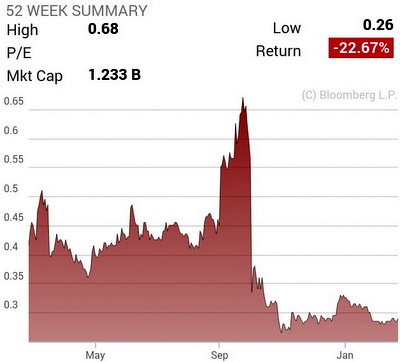 Prior to his retirement, Chan Kit Whye worked more than 30 years as Regional Finance Director, Financial Controller and Manager in a multinational specialty chemical business. He has played an active role in CPA (Australia) Singapore Branch, taking up positions in its Continuing Professional Development and Social Committees. Kit Whye is a Fellow of CPA Australia, CA of Institute of Singapore Chartered Accountants and CA of the Malaysian Institute of Accountants. He holds a BBus(Transport) Degree from RMIT, MAcc Degree from Charles Sturt University and MBA from Durham Business School.
Prior to his retirement, Chan Kit Whye worked more than 30 years as Regional Finance Director, Financial Controller and Manager in a multinational specialty chemical business. He has played an active role in CPA (Australia) Singapore Branch, taking up positions in its Continuing Professional Development and Social Committees. Kit Whye is a Fellow of CPA Australia, CA of Institute of Singapore Chartered Accountants and CA of the Malaysian Institute of Accountants. He holds a BBus(Transport) Degree from RMIT, MAcc Degree from Charles Sturt University and MBA from Durham Business School.ROWSLEY: Reported full year (nine months) loss of $226 million which included $221 million goodwill impairment.
 Rowsley stock hit a peak above 65 cents less than 6 months ago but has slumped to 29 cents last Friday. Chart: BloombergThe impairment was the result of the difference of the present value of value-in-use of RSP Architects and the goodwill acquired using a higher value for RSP consideration shares.
Rowsley stock hit a peak above 65 cents less than 6 months ago but has slumped to 29 cents last Friday. Chart: BloombergThe impairment was the result of the difference of the present value of value-in-use of RSP Architects and the goodwill acquired using a higher value for RSP consideration shares. Ignoring goodwill impairment, net loss was $5 million against previous year's loss of $5.8 million.
Number of shares outstanding has increased substantially from 989 million to 4.25 billion.
Based on the new capital, NAV is 10.87 cents a share, while NTA (excluding goodwill) is 8.35 cents a share.
On average, its current price-to-book ratio is about 3 times.
(From press release: "The nine months' results reflected the consolidation of RSP's 4Q financials after it became a subsidiary. RSP had achieved profit-after-tax of $25 million for the full year of 2013.")
That $25 million profit is not visible in Rowsley accounts. Have to wait till 2014 to see if that is true. Even if it is true, that $25 million represent $0.006 cents a share to Rowsley enlarged capital, and at current price of 0.29, the computed PE is 48 times.
I think Rowsley current share price is too high.
REITS: Gearing for all Reits should be within 40% under MAS rules. Since gearing is linked to net assets, we have to be very careful, because if net assets decline, gearing will shoot higher. When the property market is good, companies revalue their properties upward, which will bring down the gearing. However, if the asset bubble bursts, and companies start to devalue their properties, their gearing will shoot past the 40% level and must be brought down to below 40%. The only way to bring it down is to repay loans, and you will hear of rights issues being announced by Reits. |







